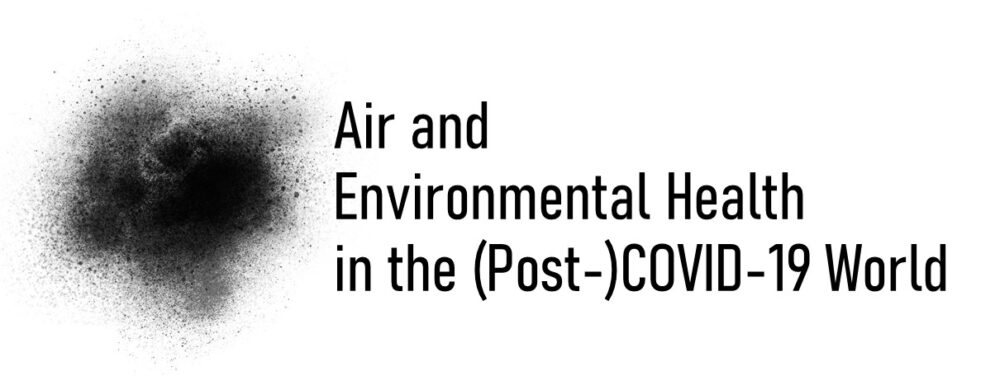Air and Environmental Health in the (Post-)COVID-19 World
This project explores air from two distinct perspectives: pollution and pandemics. While air pollution has been an issue for centuries, it is through the COVID-19 pandemic that humanity worldwide has acutely and concurrently recognized the physical presence of air. The largely airborne virus has made air dangerous, whereas such phenomena as masks, social distancing, and significantly reduced social interaction — key tools in fighting the spread of the virus — further emphasize the polluted nature of air. This interpretation parallels environmental views on air pollution as a critical global threat.
Moreover, the project examines the role of racism in perpetuating current environmental and health crises and, through race, engages with the problem of environmental justice. The project raises several concerns: How does the virus challenge and emphasize the idea of air being polluted? How does wearing masks correlate with filtering air, protecting air, and believing in clean air? How does social distancing both help fight the spread of the disease and generate the myth that we can partition air, and thus do not breathe common air? How can the danger of air infected with the virus help reinforce the alarming nature of environmental degradation, including through air pollution, and mobilize humanity to work toward a healthier environment?
The project examines the changing meanings of air through environmental and medical humanities, literary and cultural studies, race studies, and history. Via this transdisciplinary approach, it foregrounds the coronavirus as flash point for new meanings of unclean air. Tracing the history of airborne pandemics through literary and cultural narratives, the project establishes linkages among air, viruses, pollution, and the human, and thus contributes to the environmental humanities through its unique approach to planetary degradation, air pollution, and environmental health.

